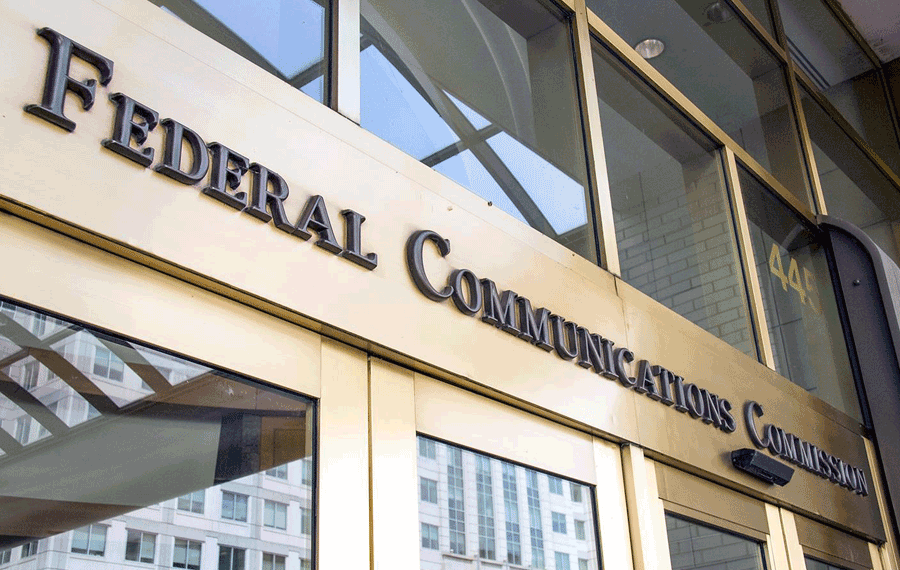Here we write down some frequently asked questions regarding FCC ID test and certificate, hope it will help customer in FCC testing process.

1. How much does FCC certificate test cost?
This depends on how much you have the test lab do. Full transmitter and receiver testing can cost around $5,000, transmitter only around $3,500, and the receiver about $1,500. If testing for other countries’ standards, such as Industry Canada or European CE, is desired, then the costs will go up, but will not generally double. The FCC has authorized the test labs to issue identity numbers on its behalf so the testing can usually be done in about a week, depending on the backlog of the test lab. Solidremote maintains a close working relationship with our local testing labs, which extends excellent service and special pricing to Solidremote customers.
2. What does FCC certificate test involve? is it complicated and how long usually does it take to complete?
FCC has greatly streamlined the approval process in recent years. The entire process can now be completed in less than 30 days. In fact, receivers no longer require certification – just a quick test at an approved lab through the Declaration of Conformity (DOC) process. Transmitter certification is almost as painless since many labs that are TCB certified are now allowed to issue certifications on behalf of the FCC. Solidremote highly recommends our pre-compliance testing process in advance of formal lab testing. Pre-compliance testing helps to ensure optimum application of Solidremote components and improves your chances of a smooth passage through the certification process. Solidremote maintains a close working relationship with local testing labs, which extends excellent service and special pricing to Solidremote customers.
3. How do I find FCC certified testing labs around my area? in case I need to contract testing locally.
FCC makes available a list of authorized test labs and updates it monthly. This information is at the FCC website. It is not necessary to be present at the lab during testing, so the lab you choose can be located nationwide or even worldwide. Solidremote can also sub-contract testing to local labs, which offers special pricing and exceptional service to our customers.
4. Do I or my customer need a FCC license to operate a wirless link?
For applications like amateur HAM radio, the FCC requires that the end user have a license to operate the radio equipment. For the portions of the spectrum governed by Part 15, the end user does not need a license. Instead, the product manufacturer must have the equipment tested in an FCC authorized facility and receive certification and an FCC ID number for the transmitter and a Declaration of Conformity (DOC) for the receiver before the product can be legally sold in the US. In this sense, the equipment must get the license so that the end user does not need one.
5. Where can I find a copy of FCC rules and regulations?
FCC maintains an electronic copy of the rules on their website. Refer to section 15.249 15.231 etc for a copy of the sections applicable to Solidremote ISM products. For a printed copy, you should contact the Government Printing Office in Washington, D.C., and indicate that you need a copy of Title 47 of the Code of Federal Regulations (47CFR). If your need is for equipment authorization, you will require Volume 1 which contains Parts 0-19. Their telephone number is (202) 512-0132. You can also contact the Government Printing Office in your local area for a copy of the rules. The telephone number for the GPO in your area can be obtained from your telephone directory or operator. It would be listed under the federal government.
6. How close to the products tested are the production units need to be?
In the FCC’s own words: IDENTICAL. However, identical is further defined as identical within the variations that can be expected to arise as a result of quantity production techniques. One of the advantages of using Solidremote wireless remote controls and modules is the tight production control and testing procedures to which the modules are subject. Similar controls over the rest of your product’s production will make compliance with these requirements straightforward.
7. What if my application is denied and I don’t think FCC correctly understand my product?
The FCC reviews thousands of applications a year. Depending on your presentation, an inspector may misinterpret information. If you feel you have complied with the regulations, you will want to exercise your rights in accordance with CFR 47 2.923 and petition for reconsideration and review.
8. What if my intened use or application does not seem to be clearly addressed by FCC?
Recognizing that new uses of low-power transmitters often generate questions that are not directly addressed in the regulations, FCC accepts inquiries or requests for specific interpretations. Occasionally, FCC proposes changes to its regulations, generally to address industry concerns and/or as new uses of low-power transmission equipment appear, also FCC accepts questions through their website.
9. Does receiver part needs to be FCC certified?
The receivers must be issued a Declaration of Conformity (DOC) by an approved test lab. This is far less complicated and expensive than a transmitter certification. There is not an actual filing with the FCC, just keep these documents in your company files.

